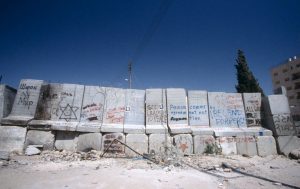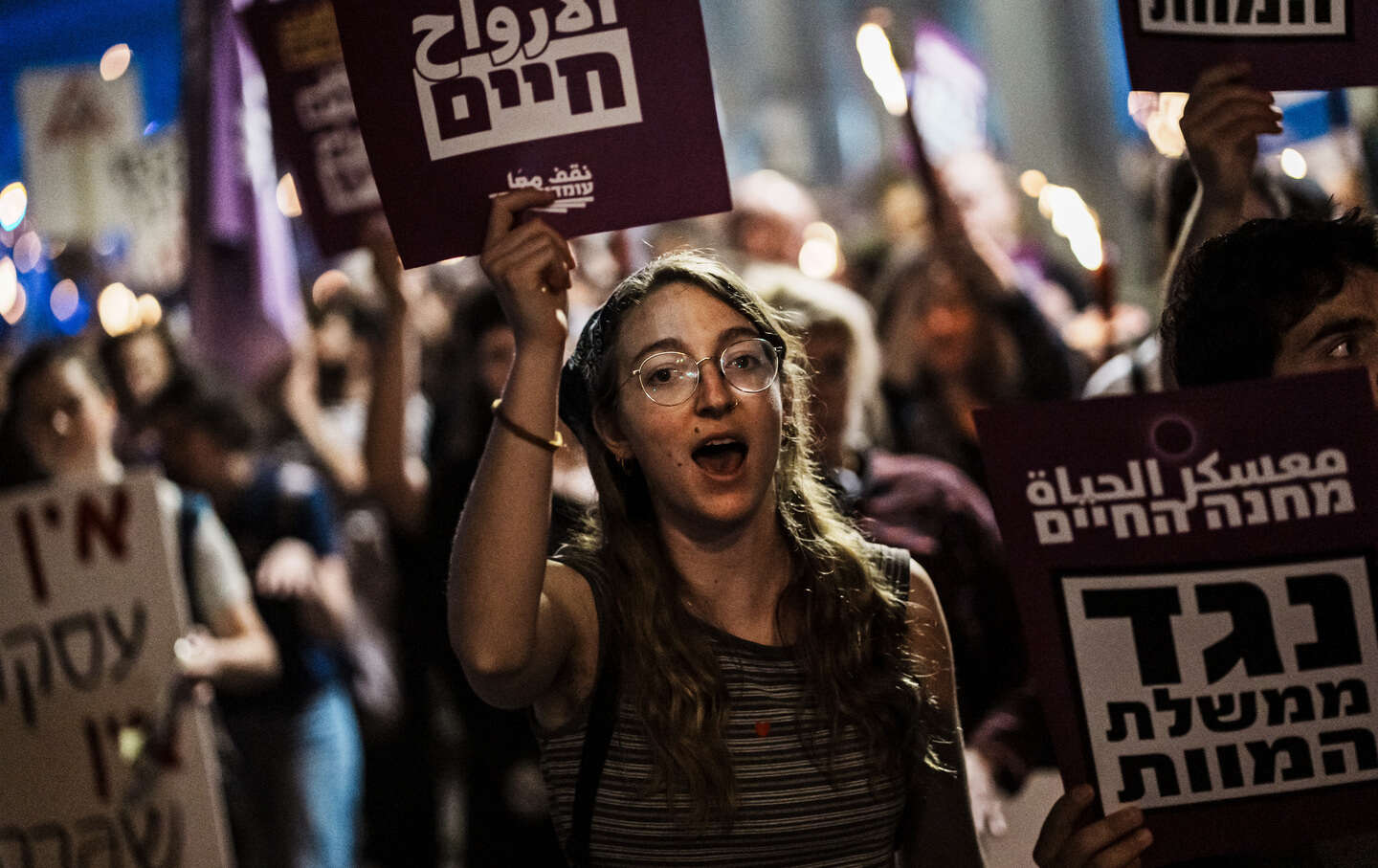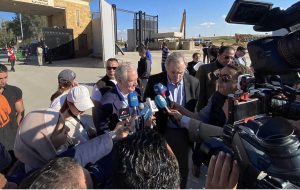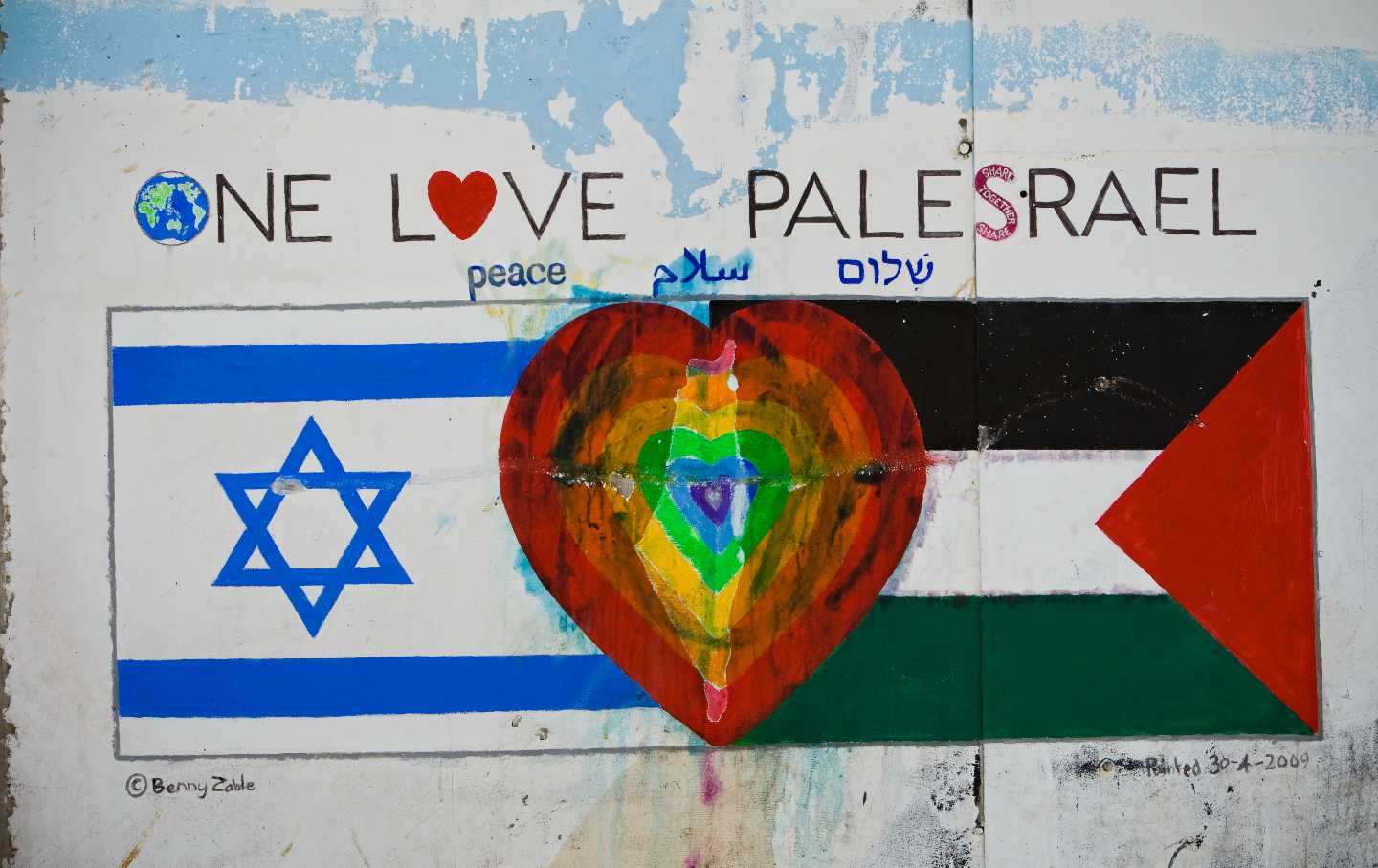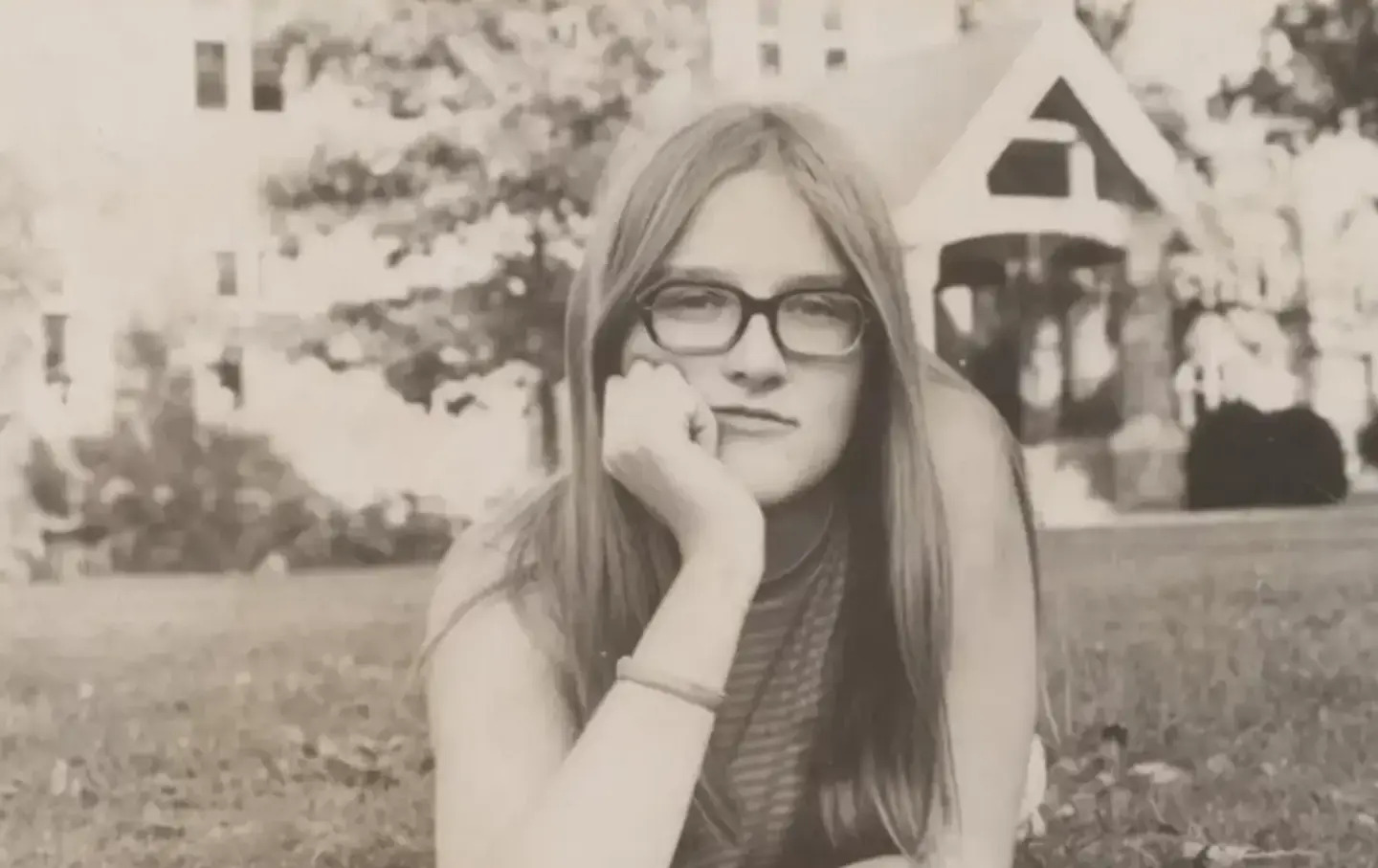 Last time, the courts were an essential checking force on the Trump administration. This time around, they may again provide a check—if we push.
Last time, the courts were an essential checking force on the Trump administration. This time around, they may again provide a check—if we push.
We shouldn’t underestimate the threats that Trump poses, but we shouldn’t underestimate the headwinds he’s likely to face if people oppose his initiatives. Remember, autocracy takes time. It’s hard work. Trump is not good at that. Let’s be realistic about our goal: We can probably limit the damage; we can prepare the ground for future victories. But how much can we limit the damage? Really, nobody knows, and the only way to find out is to try. We do know the writers of the Constitution did a lot to try to prevent one-man rule—by creating the famous checks and balances, including the courts as a check on the president.
But most of our friends think this Supreme Court will not stop Trump. To discuss, we are joined by David Cole, legal affairs correspondent for The Nation. Cole recently stepped down as national legal director of the ACLU to return to teaching law at Georgetown. He writes for The New York Times, The Washington Post, and The New York Review of Books.
… continued at The Nation, HERE 12-10-2024
 “The ‘Thernstrom Case’ at Harvard University has often been distorted by conservatives, including Henry D. Fetter, as an example of cancel culture (Letters, March 28). I interviewed three Black students who had spoken to Stephan Thernstrom after his lecture on the history of the Black family for my book Historians in Trouble . . . .”
“The ‘Thernstrom Case’ at Harvard University has often been distorted by conservatives, including Henry D. Fetter, as an example of cancel culture (Letters, March 28). I interviewed three Black students who had spoken to Stephan Thernstrom after his lecture on the history of the Black family for my book Historians in Trouble . . . .”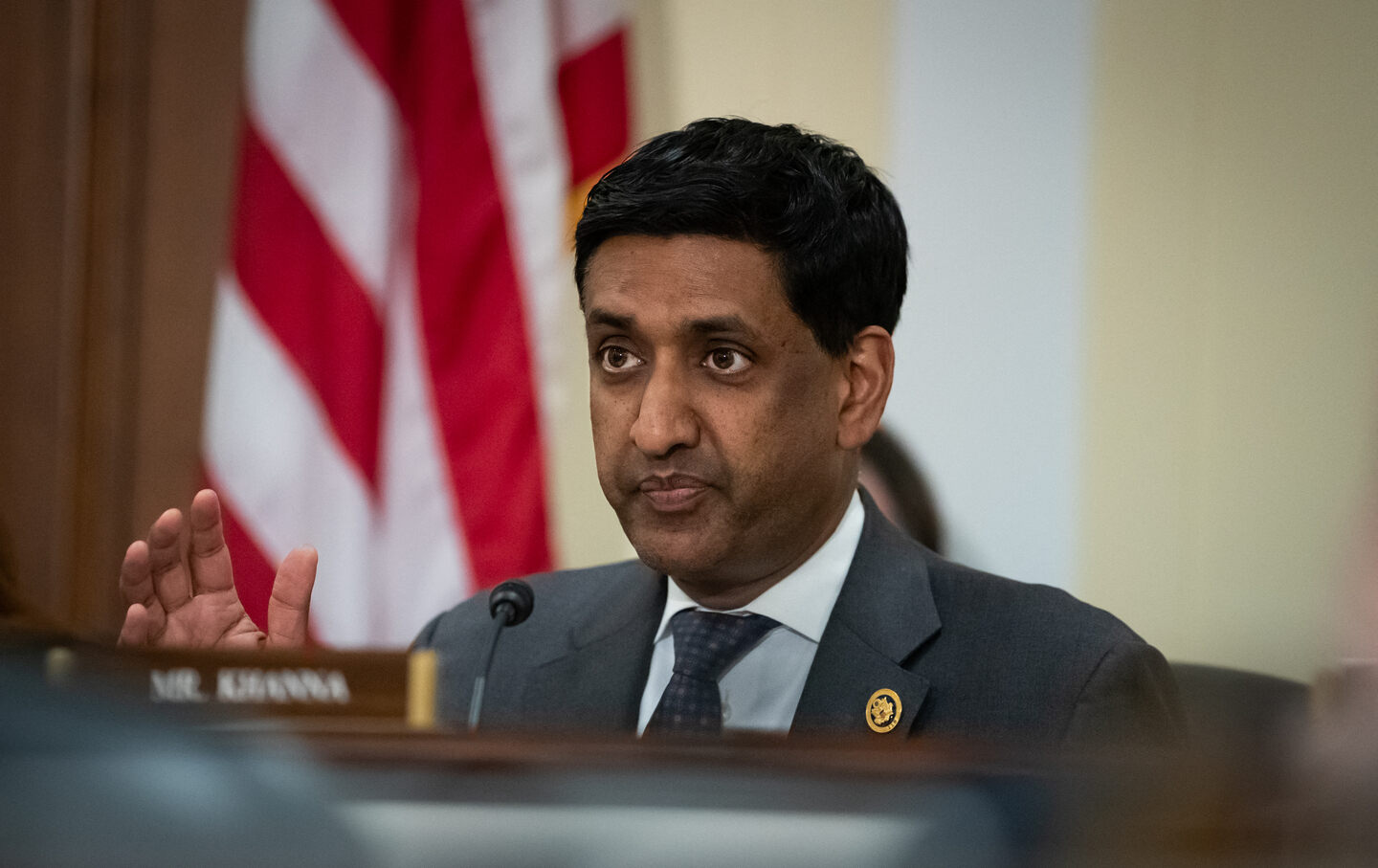 The Silicon Valley progressive talks about the short-term and long-term strategies for defeating Trump and Trumpism.
The Silicon Valley progressive talks about the short-term and long-term strategies for defeating Trump and Trumpism. 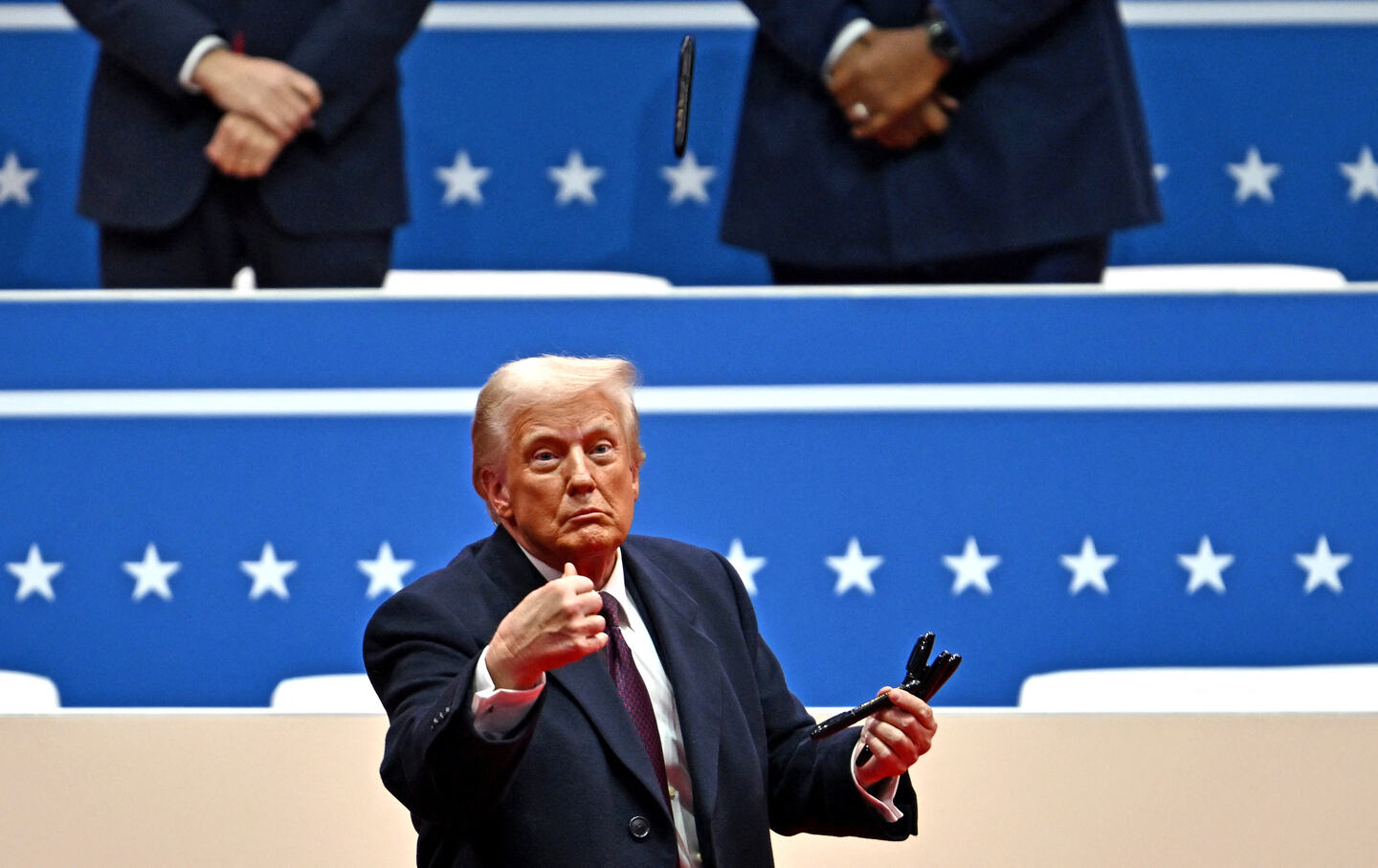 The former national legal director of the ACLU analyzes recent efforts to block the president’s executive orders.
The former national legal director of the ACLU analyzes recent efforts to block the president’s executive orders. 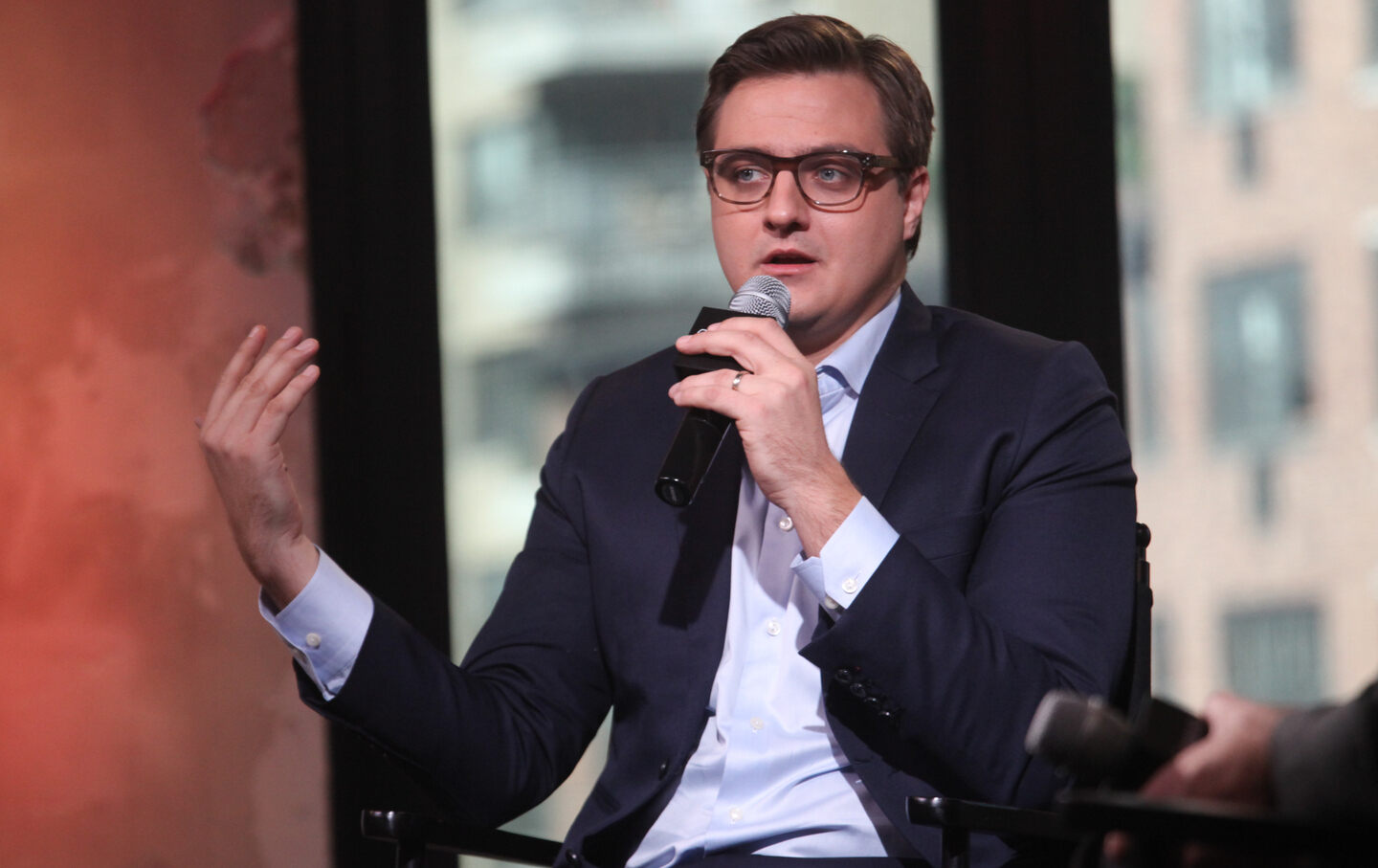 In this interview, the MSNBC host discusses Trump’s mastery of our age of attention, and his new book, The Sirens’ Call.
In this interview, the MSNBC host discusses Trump’s mastery of our age of attention, and his new book, The Sirens’ Call.  Last time, the courts were an essential checking force on the Trump administration. This time around, they may again provide a check—if we push.
Last time, the courts were an essential checking force on the Trump administration. This time around, they may again provide a check—if we push.